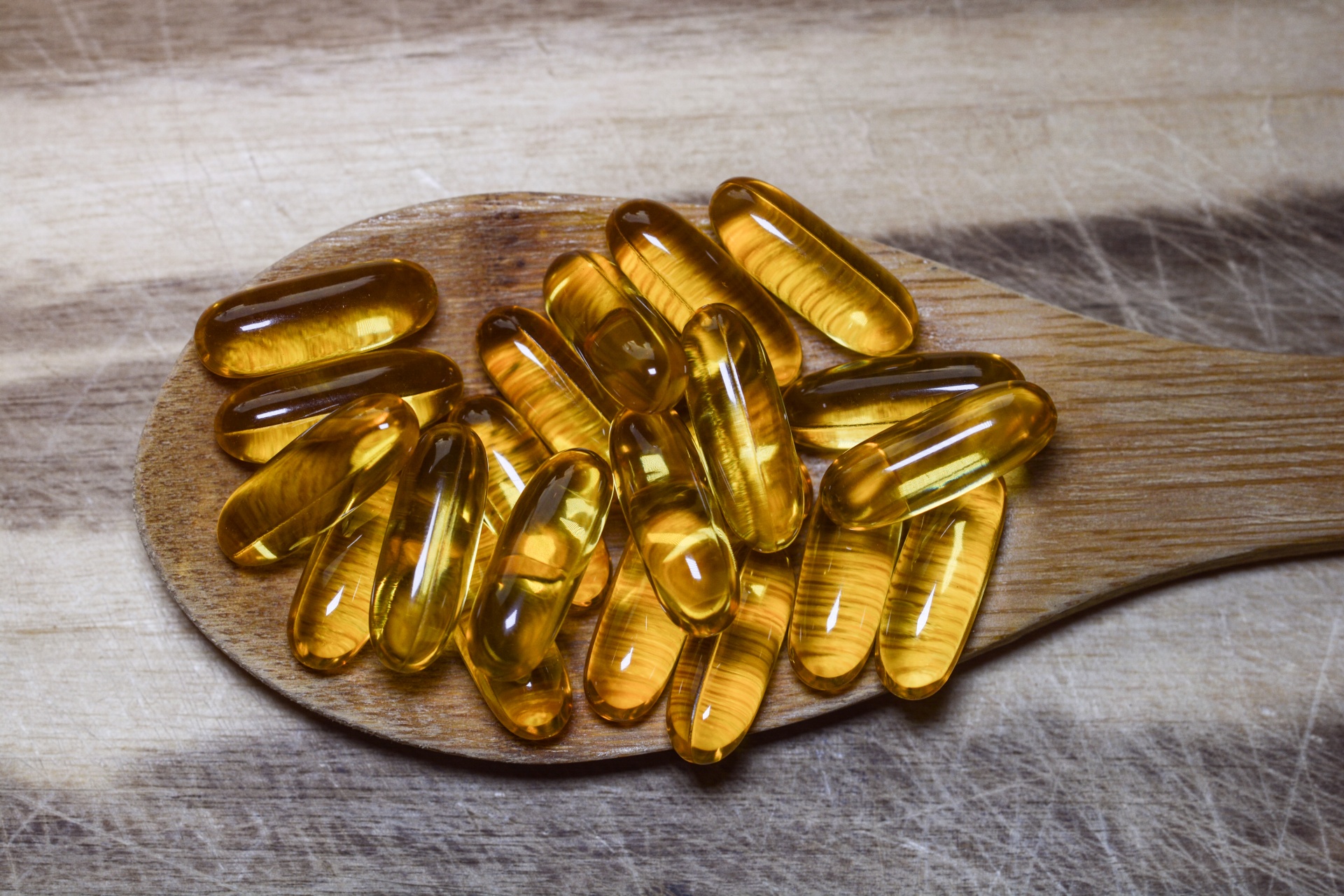What’s the best way to get your Omega-3s? Through Seals.
While fish do provide a good source of Omega-3, seal oil may be even more effective.
When people think about the effects of the North’s cold, they may imagine the harsh wind on one’s skin or the lack of vitamin D, but the summer can present some health risks that the winter doesn’t. Sun damage is a well-known problem, dehydration from the heat (yes, it does get hot here), and pollen allergies can affect some. But the North also presents solutions to those issues and it comes in the form of Omega-3. So what is Omega-3, where does it come from and how does it help?
What is Omega-3?
Omega-3s are essential fatty acids with a ton of benefits. They cannot be naturally produced by the body, so it must come from your diet. There are several kinds of omega-3s and each can be found through varying sources. While the type ALA (alpha-linolenic acid) is mainly found in plants, DHA and EPA most occur in animals and algae. ALA helps with energy levels and is found through things like flax seeds and oil, canola oil, chia seeds, walnuts, hemp seeds and soy beans. EPA can be partially converted to DHA, which is a structural component of your brain, the retina of your eyes and other body parts.

Why do we need them?
Omega-3 fatty acids are important for your brain and retinas. Pregnant and breastfeeding people need to get enough DHA in order to enhance their baby’s health and intelligence levels. Evidence is mixed, but Omega-3s can help protect against illnesses like breast cancer, depression and ADHD. It is also said to help with regulating blood clotting, which in term helps keep your heart happy. Plus, as a potent anti-inflammatory, it can reduce allergic and cardiovascular inflammation, therefore helping with things like pollen allergies and skin conditions (such as eczema).
Where do Omega-3s come from?
Most people say the best source of Omega-3 fatty acids comes from fish. And while that is an excellent source, many Northerners turn to seal oil, which is said to be an even better source. Seal oil contains an omega called DPA which is naturally found throughout the seal’s body. It is similar to EPA, but our bodies can store twice as much DPA in our blood. DPA boosts all Omega-3 levels and can be converted to EPA and DHA, depending on what the body needs. Our bodies are able to easily absorb and digest seal oil because its mammalian cell structure is something our bodies immediately recognize. That’s compared to Omega-3s from fish and plants, which are of course not mammals.
Seal oil as a supplement
Seal oil can be found in Canadian Omega-3 products, just as fish oil can be found in supplemental pills. It can be taken in the form of soft pills or as a liquid. Both have its benefits. While liquid has a faster absorption rate and higher optimization rate, capsules break down quickly in the stomach. There is not a set recommendation as to the amount of Omega-3 one should ingest, but generally the Reference Daily Intake (RDI) suggest getting about 250-500 mg of EPA and DHA from Omega-3s. That equals to about half to a full teaspoon of seal oil a day or four to eight soft pills a day for seal oil.
Whether in a liquid or capsule form, seal oil is never from a concentrate and has minimal processing. Whereas concentrated Omega-3s are often found in fish oil capsules, which have been fortified to contain higher levels of EPA and DHA.
Added Bonus of Seal Oil
An added bonus to seal oil is that seals are hunted organically and are free of hormones, pesticides and other additives. So there’s nothing in the oil but what is supposed to be in it naturally. In the North, the oil is sourced from an abundant population of seals that are living freely. The oil is rendered directly from the seal blubber and then every other part of the animal is used for other means, like for food and clothing. It’s simply another way Northerners hold knowledge and are resourceful with what is on the land.
Bibliography
https://www.healthline.com/nutrition/what-are-omega-3-fatty-acids
https://my.clevelandclinic.org/health/articles/17290-omega-3-fatty-acids
https://carino.ca/product/omega-3-seal-oil/
https://www.healthline.com/nutrition/fish-oil-dosage#benefits
http://canadiansealproducts.ficwebhosting.com/products/seal-oil/softgels-liquid



